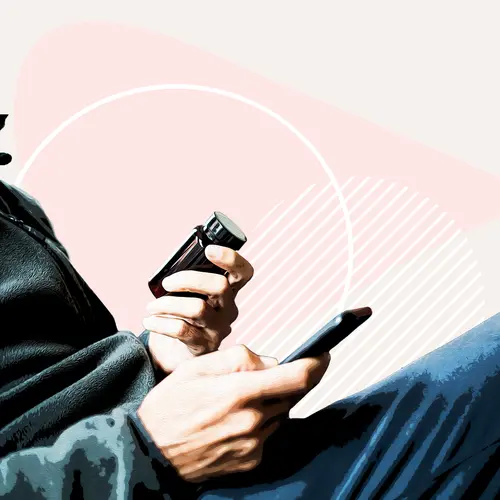After a stroke, you’ll probably have some physical changes in how you move, speak, or see. But you may also feel changes in your emotions. Depression and anxiety are common, but so are anger, frustration, lack of motivation, or crying or laughing for the wrong reasons.
Sometimes they happen because the stroke caused physical changes in the brain. But you might also feel some emotions because of the way the stroke has affected your life or your abilities.
No matter how you feel, these issues are just as important as your medical care. When emotional problems linger, they can affect how quickly you get better. So let your doctor know how you’re feeling as you recover. They’ll have many suggestions that can help you.
Depression
A lot of people have depression at some point after a stroke, usually in the first year.
You might feel sad, empty, irritable, helpless, or hopeless. You may have problems sleeping too much or too little. Your appetite may change. You may lose interest in things you once enjoyed, and you may spend less time with people you care about. You may feel tired or have headaches or pains that don’t get better with treatment. If you think about suicide, get help right away.
Even though you feel low, you may not realize that you’re depressed. Often, family members and friends will notice the signs first.
Anxiety
It’s a strong sense of fear or worry. Anxiety can make you feel panicky, irritable, or restless. You might sweat more, have a fast heartbeat, headaches, nausea, feel shaky, and get short of breath.
It’s common for people to have anxiety and depression at the same time after a stroke.
Uncontrolled Emotions
After a stroke, you might have sudden, unpredictable changes in your emotions. This is called pseudobulbar affect (PBA).
With PBA, you could have outbursts of emotion that don’t match the situation you’re in. You might laugh at something sad, or cry at something funny. These changes are common for people after a stroke, but they can be tough to live with. You may feel like you’ve lost control over the link between your feelings and how you show them.
Sometimes people confuse PBA for depression, but it’s a separate condition, although you can have both at the same time.
Other Emotional Changes
Apathy. You may not express any emotion at all and have no motivation to do anything.
Anger. You may talk and act angry, or shut down and not share how you’re feeling. Some people will be aggressive after a stroke.
Impulsive behavior. Damage to the part of the brain that controls behavior may cause you to do risky things or act without thinking.
Heal Your Emotions After a Stroke
Just as you get treatment for the physical effects of your stroke, you can also get help for any emotional changes you feel.
Also, remember that these changes may not last forever, especially if you get treatment.
Find a support group. When you talk with others who’ve had a stroke, whether in person or online, you’ll know that you aren’t alone. You may be able to get advice and tips for dealing with problems you’re facing. Research shows social connections can help with depression and anxiety after a stroke.
Medication. Your doctor may prescribe antidepressants to treat depression. Other drugs can help with PBA and anxiety.
Therapy and counseling. Talking with a therapist, psychologist, or counselor may help you learn good ways to handle the emotions you’re feeling.
Try to stay active. Exercise is a great way to boost your mood. A cane, brace, or a walker can help if you have trouble getting around after a stroke. Try walking, swimming, or yoga for low-impact exercises.
Eat right. You’ll feel better if you’re getting the right nutrition.
Help for PBA. Along with medication, you can try other ways to handle any unpredictable changes in your emotions.
- Explain to people around you that you have PBA and you can’t always control your reactions.
- When you feel a bout of tears or laughter coming on, try to think about something else. For example, you can focus on counting objects around the room.
- Relax. Massage tense muscles, such as those in your forehead, jaw, neck and shoulders.
- Slow down your breathing until the urge to laugh or cry goes away.

